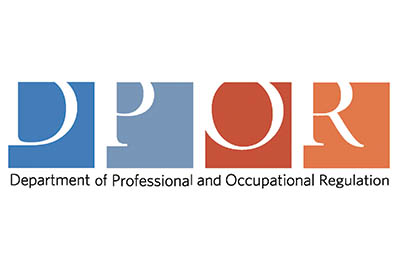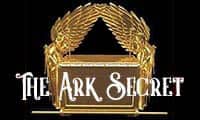DPOR Reduces Contractor Regulations
 Governor Glenn Youngkin announced that the Virginia Board for Contractors, a regulatory board under the Department of Professional and Occupational Regulation (DPOR), at its most recent meeting on August 2, 2022, took steps to reduce several regulatory barriers in the construction and building related trades.
Governor Glenn Youngkin announced that the Virginia Board for Contractors, a regulatory board under the Department of Professional and Occupational Regulation (DPOR), at its most recent meeting on August 2, 2022, took steps to reduce several regulatory barriers in the construction and building related trades.
The Board for Contractors board voted to:
Reduce the years of experience requirement by 50%, from four to two years, for skilled workers to become licensed as a journey-level tradesman for the most in-demand construction labor fields such as electrical, plumbing, and heating, ventilation & air conditioning, and gas fitting.
Add additional license qualification pathways allowing entry for skilled workers to become licensed with various combinations of experience and training.
Eliminate the regulatory mandate for continuing education in the trades.
“This is a major win for all Virginians,” said Governor Glenn Youngkin. “Increasing opportunities for people to become licensed in high-demand, high-paying jobs while also helping businesses find the talent they desperately need will strengthen our Commonwealth. Since day one my administration has been working to reinvigorate job growth and make Virginia the best place to live, work and raise a family. I’m confident that these actions will move us closer to that goal.”
“Construction firms are struggling to find enough qualified workers to meet consumer needs and contribute to economic growth,” said Secretary of Labor Bryan Slater. “Not enough people are entering training programs for these types of jobs. There isn’t one solution to this problem, we are working to increase awareness and opportunities for apprenticeships and combined with making it easier for these skilled workers to become licensed and start working, we’ll begin to see a turnaround.”
“Our boards are composed of practitioners, business owners, as well as citizens, and as part of Governor Youngkin’s Day One commitment to reduce the regulatory burden on businesses and citizens across the Commonwealth, DPOR boards are evaluating the education and experience requirements of occupations to ensure we are not requiring more than is necessary to protect the public,” said DPOR Director Demetrios Melis.
Throughout the U.S. workforce, with Virginia being among states with the highest demand, there is a shortage of skilled tradespeople. This problem, persisting both before and after the pandemic, inhibits job creation and economic growth. Skilled trades shortages contribute to higher housing prices and decreased housing supply, increased costs for consumers and businesses in a variety of sectors, and other cascading effects across commerce and the economy.
In addition to expanding opportunities to enter these skilled trades, the board voted to eliminate regulatory-mandated continuing education in select trades. Continuing education has not shown to decrease disciplinary actions. Government-mandated continuing education with no clearly identifiable public protection benefit is a burden on businesses and individuals requiring time, money, and energy for compliance.
DPOR is an executive branch agency under the Secretary of Labor, overseeing 18 regulatory boards comprised of practitioners and citizens appointed by the governor. Policy boards determine the minimum standards necessary to enter a profession and the standards of conduct for licensees.








